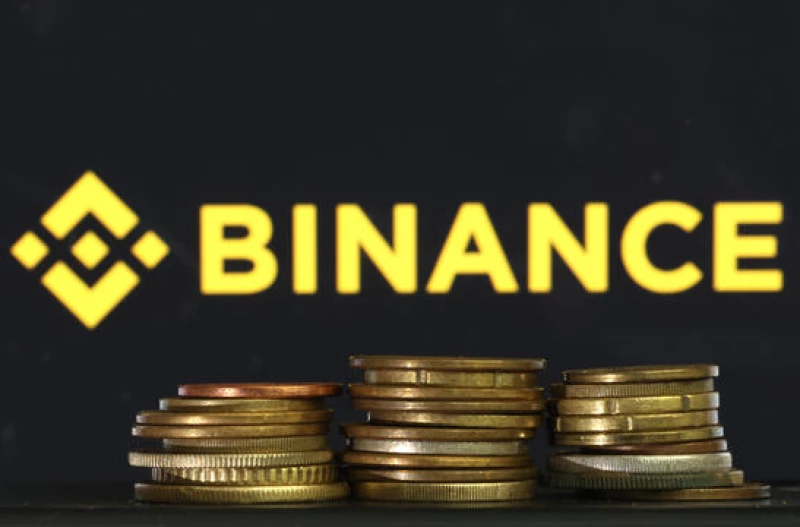Binance Faces Federal Charges for Money Laundering and Sanctions Violations
Binance, the world's largest cryptocurrency exchange platform, is facing federal charges related to money laundering and violating U.S. sanctions. According to court documents, Binance is expected to face billions in fines and fees.
The platform's founder and chief executive, Changpeng Zhao, a Canadian national, has been accused of violating anti-money laundering laws and is expected to step down from Binance's leadership.
Binance has been under investigation by various regulators and law enforcement agencies, including the Commodities Futures Trading Commission. The company is accused of not taking appropriate measures to prevent money laundering on its platform and operating illegally in the U.S. This allowed traders from nations currently sanctioned by the federal government, such as Iran, to engage in business deals with Americans.
Federal investigators have alleged that Binance, which processes billions of dollars in trades, profited illegally by allowing darknet actors and ransomware hackers to operate on its platform without properly screening for other illicit services.
Between January 2018 and May 2022, a cryptocurrency exchange known as Binance processed approximately 1.1 million transactions, with a total value of nearly $900 million, between American individuals and those believed to be located in Iran. It is alleged by prosecutors that Binance and its executives were aware of the need to comply with U.S. sanctions laws when exchanging American money, but they still viewed users in the U.S. as crucial for the platform's growth.
A separate exchange called Binance.US was established specifically for American cryptocurrency traders. However, investigators claim that Americans continued to use the original unregulated Binance platform as well. According to the criminal information to which the company pleaded guilty, the purpose of the alleged conspiracy was for Binance to operate as a virtual currency exchange and quickly gain market share and profit. The defendants supposedly encouraged high-value clients to conceal and obfuscate their connections to the United States.
This is a developing story.







